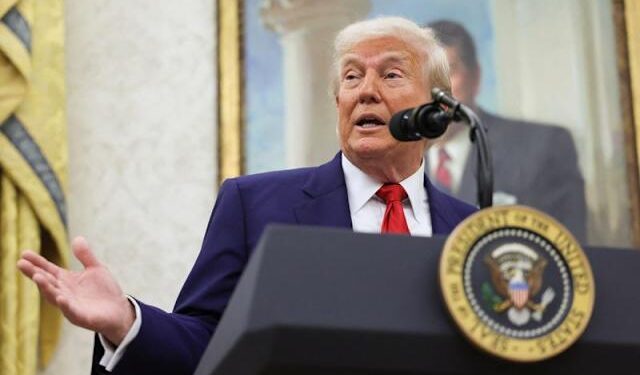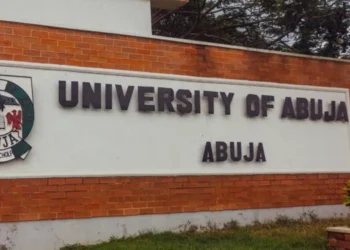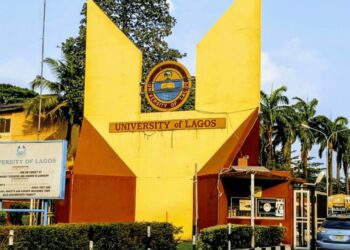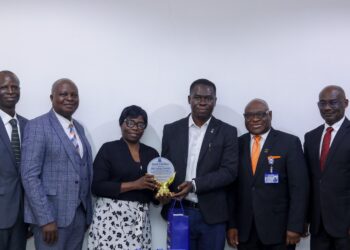Harvard University’s John F. Kennedy School of Government, renowned for shaping global policymakers, is facing a grave challenge as the Trump administration intensifies efforts to restrict the admission and presence of international students.
President Donald Trump recently called for a 15% cap on foreign student admissions at Harvard and demanded the university disclose a list of its non-U.S. enrollees. Citing national security concerns and allegations of antisemitism and ties to China, Trump has pushed for sweeping restrictions that could force current foreign students to transfer or leave the United States altogether.
In a presidential proclamation issued earlier this month, Trump directed the State Department to deny entry visas to new international students bound for Harvard and consider revoking those of students already enrolled. The Department of Homeland Security (DHS) has also moved to strip the university of its authorization to enroll international students.
Harvard has strongly rejected the allegations and described the administration’s orders as illegal and retaliatory. The university insists it is addressing campus safety concerns and combating antisemitism while safeguarding academic freedom and institutional autonomy.
A federal judge has temporarily blocked the enforcement of the orders while legal challenges play out in court. However, if the administration’s actions are upheld, it could deal a significant blow to Harvard—especially the Kennedy School, which is often described as the university’s most international division.
According to the Kennedy School’s media office, international students have made up 52% of its enrollment over the past five years, with learners hailing from more than 100 countries. This global presence is not incidental but deliberate, says Nicholas Burns, a former U.S. diplomat and Kennedy School professor.
“It’s by design,” Burns explained. “It replicates the world as it is, allowing future leaders—American and international—to learn from each other in a setting that mirrors global diversity.”
The school’s alumni list includes prominent figures such as former Mexican President Felipe Calderón, former Canadian Prime Minister Pierre Trudeau, and Moldovan President Maia Sandu, who credited her Harvard experience with broadening her understanding of global development.
“At Harvard, I met interesting people from all over the world,” Sandu said in a 2022 address. “Very quickly, I realized that development takes time—and that my country wasn’t the only one struggling.”
Critics of the Trump administration’s move warn that diminishing international student participation would undermine American soft power. The term, coined by Kennedy School scholar Joseph Nye, refers to the influence a country exerts through cultural and ideological appeal rather than coercion.
Singapore’s Prime Minister Lawrence Wong, a Kennedy graduate, is one such example. He has spoken about how U.S. culture influenced his decision to study in America. In a 2024 video, Wong strummed a Taylor Swift tune on a guitar, sharing how music and education intertwined to shape his worldview.
Despite the school’s international reputation, the Kennedy School has also faced criticism—particularly over its selection of fellows and guest speakers. A notable controversy erupted in 2022 when a fellowship offer to Human Rights Watch’s Kenneth Roth was initially rescinded, prompting widespread backlash before being reinstated.
Still, for students like Oscar Escobar, a Colombian former mayor and recent graduate, the Kennedy School experience is invaluable. “If Harvard can no longer welcome international students, it’s a missed opportunity—not just for the students, but for America,” he said. Escobar has returned to Colombia to support a presidential campaign but left with a warning: “If what President Trump wants is to make America great again, this would be a mistake.”



















































































 EduTimes Africa, a product of Education Times Africa, is a magazine publication that aims to lend its support to close the yawning gap in Africa's educational development.
EduTimes Africa, a product of Education Times Africa, is a magazine publication that aims to lend its support to close the yawning gap in Africa's educational development.